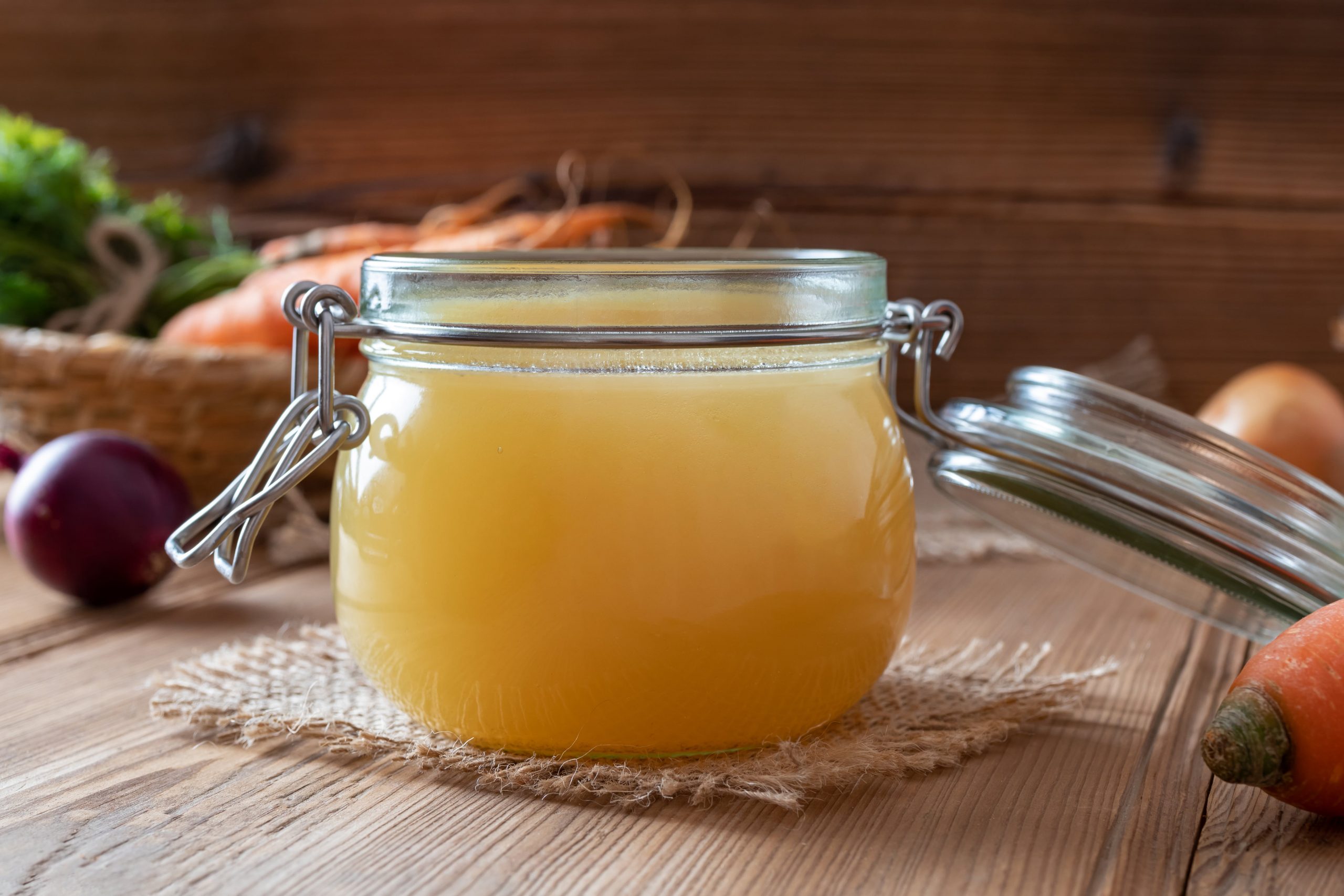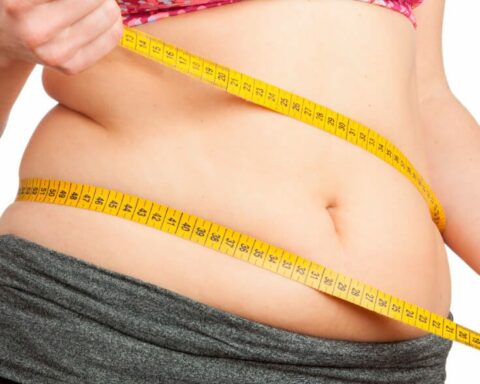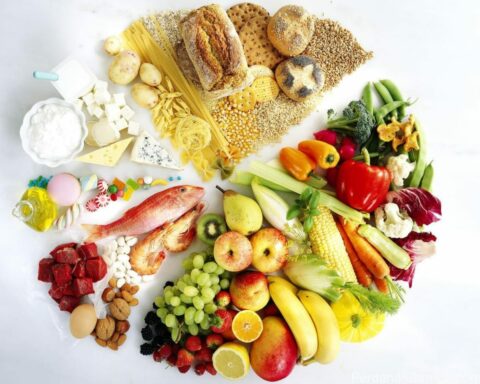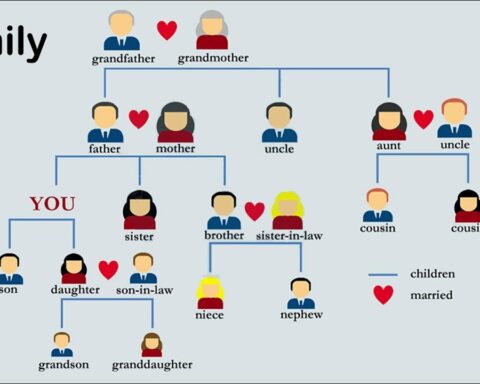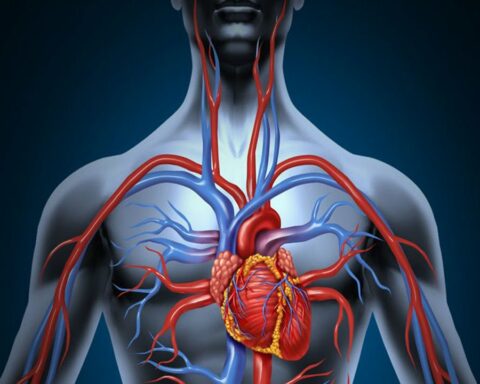Bone Broth Diet is a unique form of dieting that combines three types of diets. It is said to stimulate your body to shed extra pounds.
There are many types of dieting out there that claim to help people lose weight. Bone Broth Diet is one of them. Its proponents say that just within 21 days, you can lose up to 7 kg or more, 4 inches of fat, and wrinkles.Many people have tried different forms of dieting with the aim of losing weight, but they gave upearly. What makes the Bone Broth Diet so special? How can you follow it? Can it really work for weight loss? Keep reading to learn everything you need to know about the Bone Broth Diet.
What Is the Bone Broth Diet?
The Bone Broth Diet was created and popularized by a naturopathic doctor, Kellyann Petrucci, who published a book about the diet. This diet has to be strictly followed for a period of 21 days. However, if you feel that you need to lose additional weight, you are free to extend the days. For five days each week, you consume only low-carb, paleo meals. These are major fish, meat, poultry, healthy fats, eggs, nonstarchy vegetables, and bone broth. You eliminate grains, dairy, added sugar, alcohol, and legumes. You can prepare bone broth by boiling animal bones for up to 24 hours to release amino acids, collagen, and minerals. The remaining two days each week, you will do mini-fasts. These are small and modified fasts.
How The Bone Broth Diet Works
Doing the Bone Broth Diet is relatively cheap. You only need to select two nonconsecutive days every week for a mini-fast, while the remaining five days do not fast (non-fasting days). For mini-fast and non-fasting days, you must ensure that you take your last meal or snack by 7 p.m.
Non-Fasting Days
On these days, you don’t fast. You are rather free to eat any food from the list of allowed foods. These foods have to include fruits, protein, fat, and vegetables. You can do it as follows:
- Breakfast: divided into equal portions of protein, fruit, and fat. Ratio 1:1:1. One portion is equivalent to 1 cup or 237 ml.
- Lunch: eat a meal of protein, vegetables, and fat in the ratio of 1:2:1.
- Dinner: same as lunch, one portion protein, two portions of vegetables, and one portion fat.
- Snacks: exclusively one portion of bone broth two times every day.
Carbs like fruits and starchy veggies are less likely to promote fat burning. The Bone Broth Diet has no specified amounts of calories to be taken. In fact, Petrucci discourages counting of calories for this diet.
Mini-Fast Days
This can be done in two ways:
1: Drink six portions of bone broth, or
2: Drink five portions of bone broth. At the end of the day, take a snack of healthy fat, non-starchy vegetable, and protein.
Whichever way you choose to do the mini-fast, you will still consume 300-500 calories a day.
80/20 Maintenance Plan
After doing the Bone Broth Diet for 21 days or even later, depending on when you attain your desired weight, you will have to begin the 80/20 plan as a way of maintaining your weight. This typically means that for 80% of the time, you will be consuming allowed foods of the diet, while the remaining 20% you can break out of the diet and eat any food like alcohol.
Foods To Eat On the Bone Broth Diet
Bone broth is the backbone of this diet, and it is advisable to make it at home. On the days you don’t fast, you will be choosing your foods from less processed foods. The Bone Broth Diet allows the following foods:
- Proteins: chicken, beef, eggs, and fish. Preferred eggs are those of free-range or wild-caught hens or pastured eggs.
- Vegetables: broccoli, greens, asparagus, summer squash, and tomatoes.
- Fruits: one portion of citrus fruits, apples, berries, kiwi, and melons.
- Condiments: salsa, vinegar, and other spices. The preferred salt is pink Himalayan or Celtic salts.
- Fats: only healthy fats like olive oil, clarified butter, coconut oil, avocados, and nuts.
- Beverages: water, tea, or coffee.
- Flours: coconut or almond flours.
The Bone Broth Diet encourages its followers to make bone broth on their own from organic animals. Ensure you use bones of the neck, knuckle, feet, and joint because they are high in cartilage. It is this cartilage that the diet claims can clear wrinkles.
Foods To Avoid On the Bone Broth Diet
For the entire 21 days of diet, you are advised to completely abstain from some foods however much you love them. Avoiding these foods are claimed to improve gut health, reduce inflammation, and encourage fat burning. These foods include:
- Refined fats: margarine, canola oil, and any other vegetable fat.
- Grains: avoid all grain-free of or containing gluten like oats, rice, quinoa, wheat, corn, barley, and rye.
- Sugar substitutes: avoid all artificial sweeteners like sucralose, aspartate, and natural sugar substitute like stevia.
- Dairy: all dairy and its products such as yogurt, milk, ice cream, cheese, and butter.
- Processed fruits: fruit juice, dried fruit.
- Sugar: table sugar, refined sugar, honey, maple syrup, etc.
- Potatoes: all varieties of potatoes except sweet potatoes.
- Beverages: alcohol and soda.
Can Bone Broth Diet Work For Weight Loss?
No study has approved the claimed effects of the Bone Broth Diet on weight loss. However, since it is a combination of paleo diet, low-carb diet, and intermittent fasting, yes, it can help promote weight loss. This diet can also help improve blood sugar control because it restricts carbs and sugars. It can also help improve and support the health of your skin because of the collagen content in bone broth.
Conclusion
The Bone Broth Diet is followed for 21 days, after which if someone feels like they want to continue losing weight, they can extend it. One has to fast for two nonconsecutive days a week (mini-fast) and eat any food from allowed foods for the remaining five days (non-fasting days). The diet supports weight loss and removes wrinkles.
- Our Big Kitchen’ (OBK) is a non-profit organization located in Sydney, Australia - April 10, 2023
- Duos CBD, a hemp product E-commerce website - April 10, 2023
- SOFA SPOONING SEX POSITION - April 7, 2023

